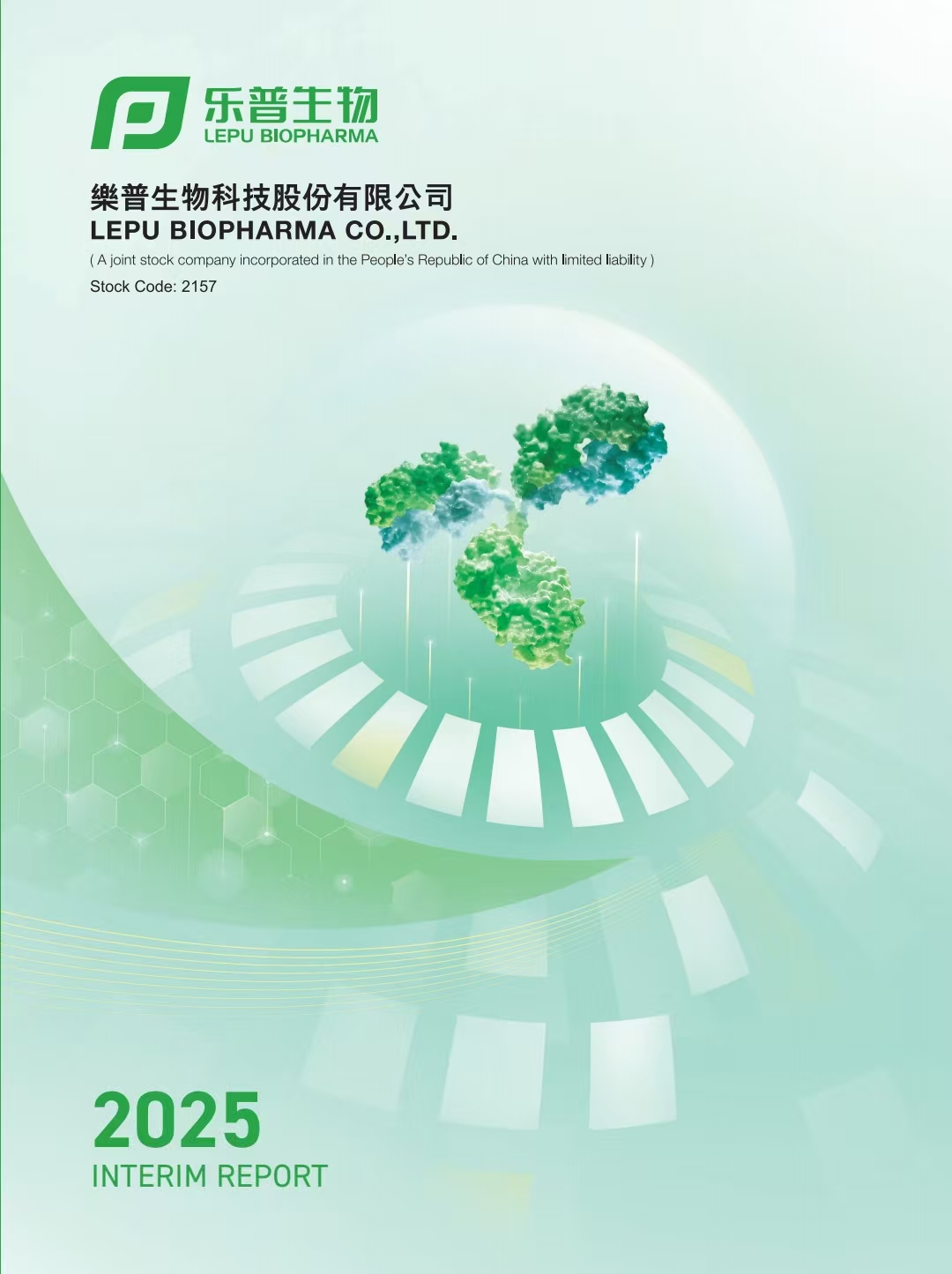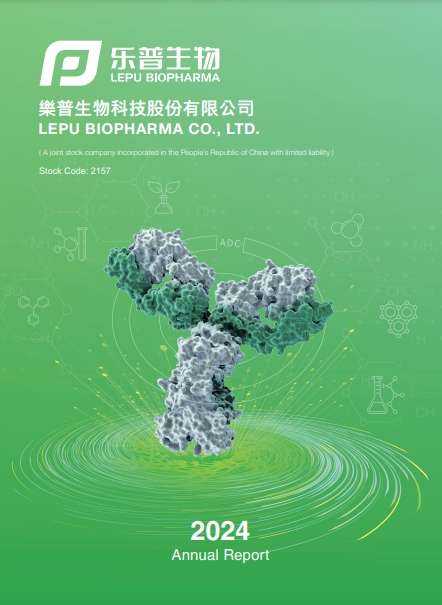arrangement:oncology_news
source:oncology_news
Based on the excellent efficacy and safety of the recombinant anti-PD-1 humanized monoclonal antibody - pucotenlimab injection (HX008) in patients with locally progressed or metastatic melanoma after the failure of standard therapy, pucotenlimab was approved for marketing by the National Medical Products Administration (NMPA) on September 20, 2022, making it a newly approved PD-1 monoclonal antibody for the indication of melanoma in China. What are the advantages of pucotenlimab for the treatment of melanoma among the approved PD-1 monoclonal antibodies? What changes will its approval bring to the clinical practice of melanoma in China? [Oncology News] The Leading PI of the study, Professor Guo Jun from Peking University Cancer Hospital, was specially invited to give an in-depth interpretation of the study data of pucotenlimab and share his views on its application prospects.
With excellent ORR data, pucotenlimab was approved for the indication of melanoma
Professor Guo Jun: As the "leading tumor", melanoma has always been at the forefront of tumor immunotherapy, and is one of the first malignant tumors that have been successfully treated with immunotherapy. Two types of PD-1 inhibitors have been previously approved for the indication of melanoma, and now pucotenlimab becomes the newly approved immunotherapy drug for the indication of melanoma.
For patients with locally progressed or metastatic melanoma after the failure of standard therapy, pucotenlimab shows excellent efficacy after the completion of a 12-month follow-up, with an objective response rate (ORR) of 20.17%1, a disease control rate (DCR) of 43.7% assessed by the Independent Review Committee, and median overall survival (mOS) of 16.6 months assessed by the investigator. Its ORR (20.17%) is the highest record for an immune-monotherapy for melanoma, because the ORRs of imported or domestic PD-1 inhibitors alone that have been previously approved for the indication of melanoma are mostly between 16%-17%. Meanwhile, pucotenlimab prolongs the mOS to 16.6 months and brings a new treatment option and fresh hope for patients with advanced melanoma that have failed the standard therapy with extremely encouraging study data.
It is expected that the combination therapy with the new option that is more suitable for Chinese patients brings better efficacy
Professor Guo Jun: Although chemotherapy, targeted therapy, and immunotherapy all play certain roles in the treatment of advanced melanoma, immunotherapy occupies a higher position. It is well known that the histological subtypes of Chinese patients with melanoma are different from those of Western Caucasians, with the former predominant by acral lentiginous and mucosal types and the latter mainly predominant by the cutaneous type. In the past, the efficacy of immune-monotherapy for acral lentiginous melanoma and mucosal melanoma was generally low at around 12%-13%. However, in this study, pucotenlimab was able to reach an ORR of up to 20% based on an enrollment of more than 70% of patients with acral lentiginous melanoma and mucosal melanoma, which provided solid evidence-based support for the use of pucotenlimab in Chinese patients with acral lentiginous melanoma and mucosal melanoma. In the future, we hope that pucotenlimab can be used in combination with targeted therapy or chemotherapy, or even achieve three-drug combination therapy to bring better therapeutic effects for patients with special subtypes of acral lentiginous melanoma and mucosal melanoma in Asia. Besides, we are full of confidence about this.
We are devoted to conquering melanomas with continuous exploration and infinite innovation
Professor Jun Guo: Acral lentiginous melanoma and mucosal melanoma rarely appear in Europe and American countries with a proportion of only about 5%2, while they account for up to 75%3 of melanomas in Asian countries. Therefore, more efforts have been devoted to the treatment of acral lentiginous melanoma and mucosal melanoma in China. The efficacy the of PD-1 monoclonal antibody combination regimen for the first-line therapy of cutaneous melanoma is mostly between 50% and 60%4, but its efficacy for acral lentiginous melanoma and mucosal melanoma is very low. Thus, we hope to develop better PD-1 monoclonal antibodies for their treatment. Previously, we firstly proposed that the efficacy of the first-line therapy of axitinib, the vascular endothelial growth factor receptor (VEGFR) kinase inhibitor, in combination with PD-1 monoclonal antibody reached 48.3%5. At the American Society of Clinical Oncology (ASCO) annual meeting 2022, we proposed a three-drug combination regimen of chemotherapy + targeted therapy + PD-1 immunotherapy for the first-line therapy of acral lentiginous melanoma, which makes the efficacy of treatment for acral lentiginous melanoma increase from about 13%6 to nearly 70%6. This is a significant contribution made by our Chinese scholars. The marketing of pucotenlimab also provides us with a new modality to explore the treatment of acral lentiginous melanoma and mucosal melanoma, and we expect to develop more effective treatments, whether neoadjuvant, adjuvant, first-line or second-line therapies, to bring longer OS to patients with acral lentiginous melanoma and mucosal melanoma in China or Asia. We are devoted to making contributions to the development of melanoma treatment and we believe its future is promising.
References
[1]Bin Lian, et al. 2021 ASCO, Abstract 9554. data cutoff July 30 2021
[2] Jung S, Johnson DB. 2022 May 30:oyac091.
[3] Chi Z, Li S, Sheng X, et al. BMC Cancer. 2011 Feb 25;11:85.
[4] Hodi FS, et al. Lancet Oncol. 2018 Nov;19(11):1480-1492.
[5] Xinan Sheng, et al. 2020 ASCO, Abstract 10007.
[6] Lu Si, et al. 2022 ASCO, Abstract 9508.











